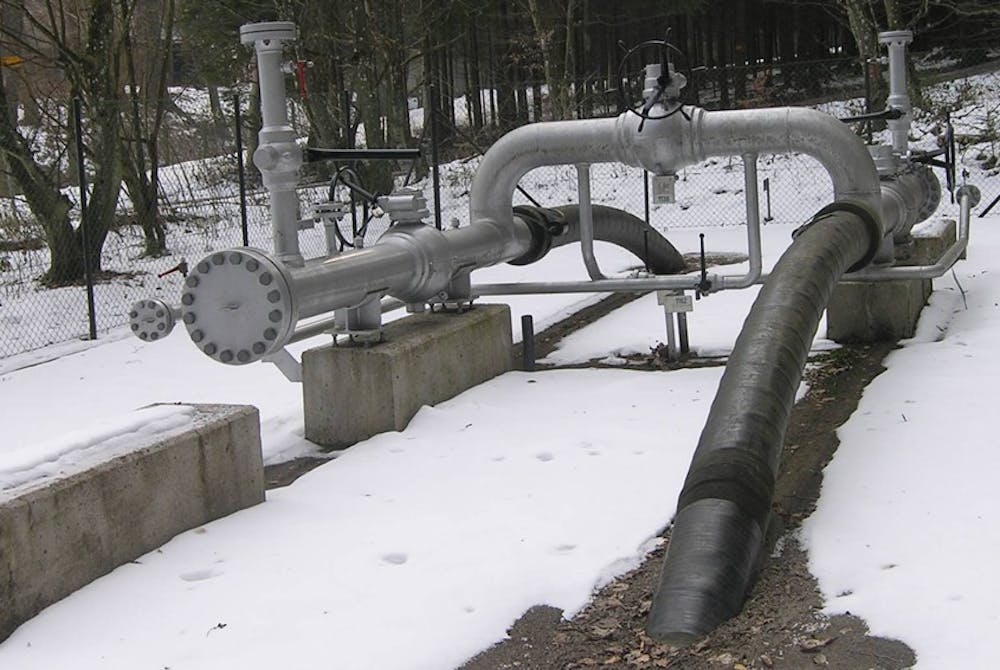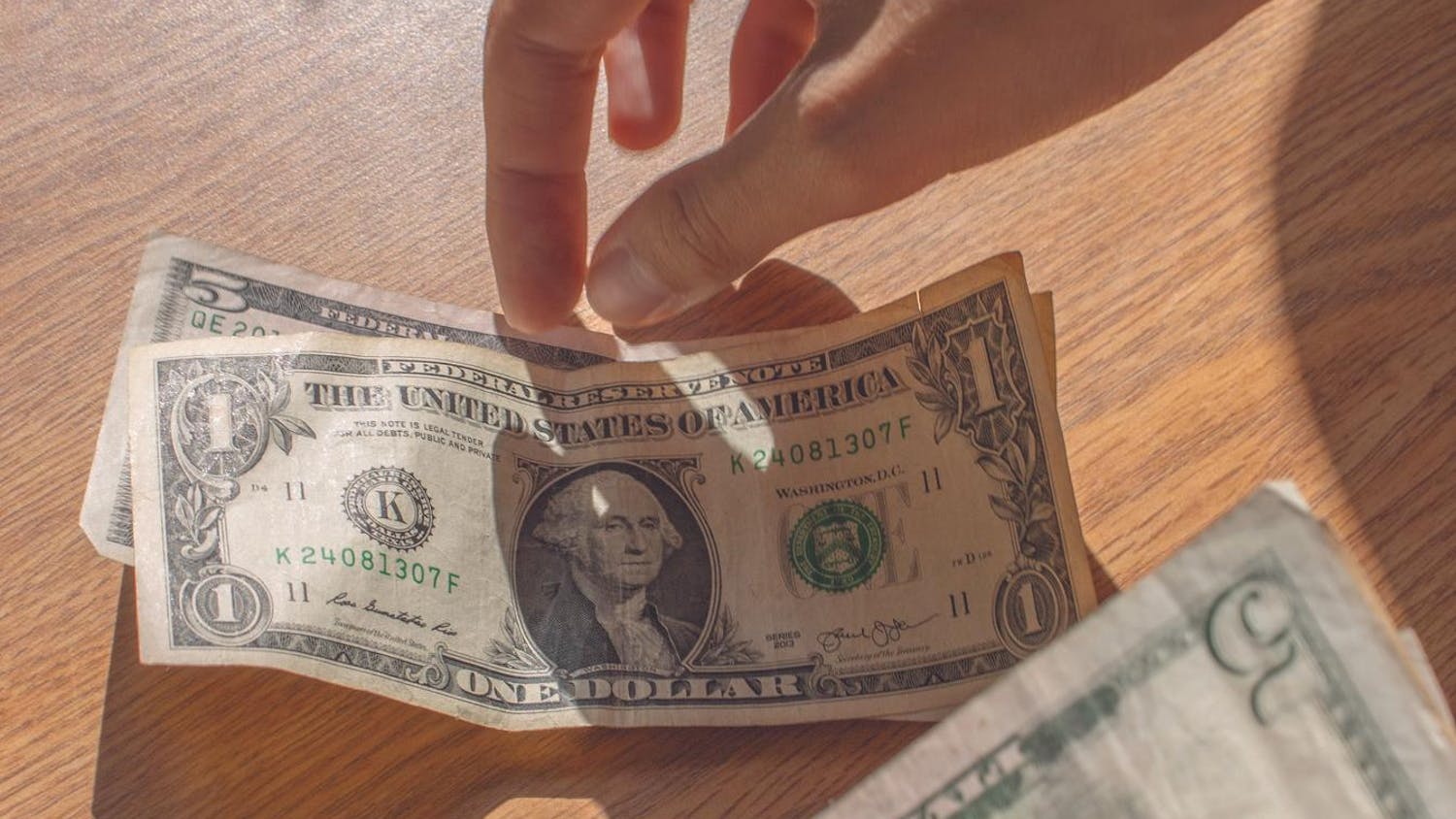By Lexie V. Owen | Echo
European Union (EU) negotiations between Russia and Ukraine about natural gas supplies for the winter stalled on Tuesday. Both countries agreed to reconvene in Brussels to discuss Ukraine's debt.
Over the summer, Russia withheld gas supplies to Ukraine because of its $5 billion debt to Russia. The two countries are currently battling in court over the sum, Reuters reported.
Ukraine agreed to pay $3 billion to Russia to help unblock the gas flow. To make the payment, Ukraine also requested a $3 billion loan from the EU.
Though a price was agreed upon, Russian Energy Minister Alexander Novak suggested that Russia remains unsure that Ukraine will be able to pay for supplies because of its heavy dependence on Western allies. Currently, Russia is looking for assurances that Ukraine will be able to make advanced payments.
"Today we should establish the availability of financial resources for advance payments for November and December," Novak told Reuters. "We haven't received these assurances, either from Naftogaz and Ukraine or the European Union."
Russia's cutting off supplies to Ukraine raises the risk of Ukraine siphoning off gas from the pipeline running from Russia to Europe, reported the Associated Press. If Ukraine resorted to such measures, the EU is concerned that Russia could discontinue all gas flows through Ukraine, as it has in the past, leaving parts of Europe without gas in the middle of winter.
Finding itself in a tight spot, the EU has been acting as the middleman in the dispute because it depends on Russia for a third of its gas supplies, according to Reuters. Half of that supply flows through Ukraine. The severed relationship between Russia and Ukraine has impacted EU nations' gas supplies in the past, and now EU leaders are determined to solve the issue to prevent consequences from reaching beyond Ukraine.
In light of what is now being called the "Ukraine crisis," EU nations, such as Lithuania, are taking steps to reduce dependence on Gazprom, a Russia-based company, which is the world's largest extractor of natural gas, reported Reuters. In the last three and half years, Lithuania has constructed a liquified natural gas (LNG) terminal, which will allow them to be independent of Gazprom.
"The dependence on such an unpredictable and unreliable partner in energy means that . . . Europe is risking too much, Europe is paying too much and Europe is not competitive because of that," said Lithuanian President Grybauskaite.
However, the EU is still attempting to negotiate with Russia on behalf of dependent Ukraine.
During the talks, Novak ruled out the notion of EU states re-exporting gas to Ukraine.
According to a report by Reuters, U.S. and EU economic sanctions against Russia and a fall in the price of oil have increased incentives for Moscow to resolve the dispute. Russian Gazprom earns around $6 billion a month selling gas to the EU.
Since May, The EU's European Energy Commissioner Guenther Oettinger brokered talks, after Russian President Vladimir Putin called on the EU to intervene in the issue.
"We made another step towards a possible solution and are close to an agreement on important elements. Others still need to be addressed, such as the financial gap," Oettinger said following Tuesday's talks. "At the next meeting, which we hope will be the final trilateral meeting, next Wednesday here in Brussels, we will be able to reach a decision and we'll have the signature of all the partners."
Unlike Lithuania and certain EU nations, the European Union as a whole hopes that Wednesday's talks will ensure that ties between Gazprom, Ukraine and other dependent nations will remain.





